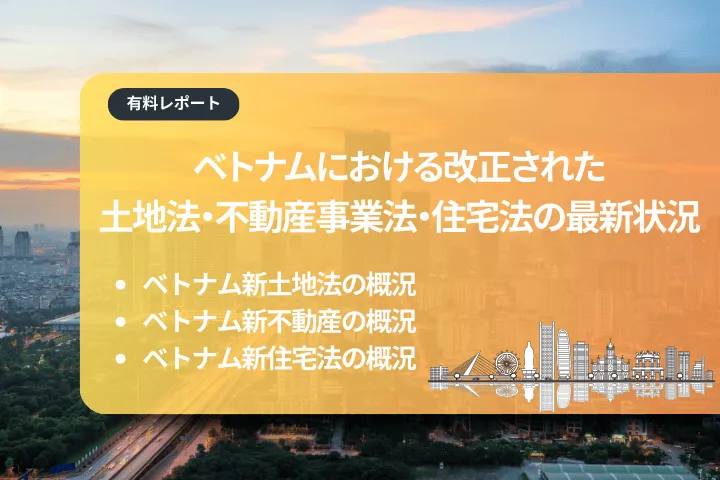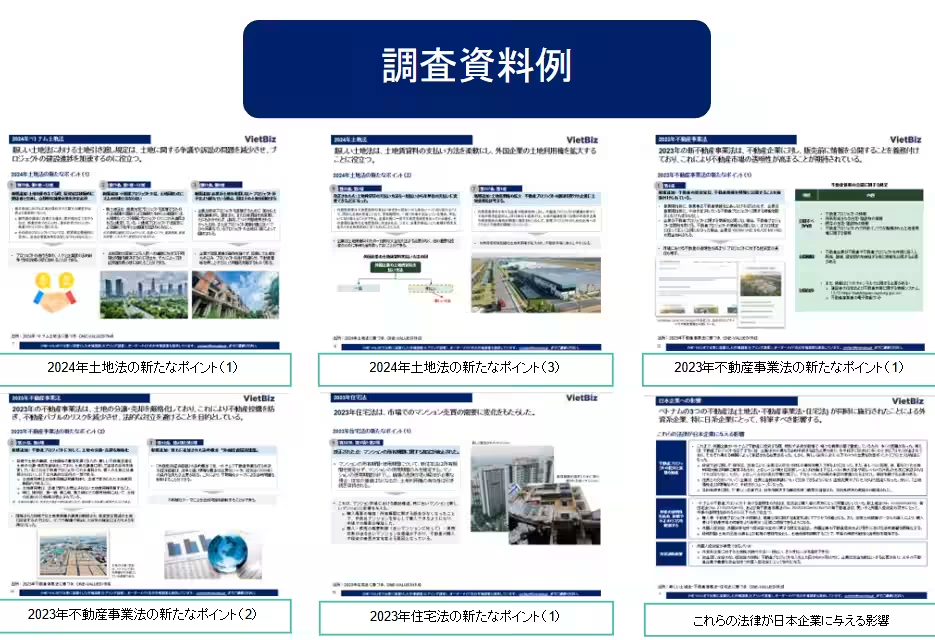

Latest Updates on Vietnam's Land, Real Estate and Housing Laws and Their Impact on Foreign Investors
Insights into Vietnam's Revised Land and Real Estate Laws
As Vietnam's economy continues to evolve, significant legislative changes in land, real estate, and housing laws have emerged, particularly those revised in 2023 and 2024. This article delves into those changes and their implications for foreign investors and local businesses.
Overview of Recent Amendments
The revised Land Law of 2024 introduces a more investor-friendly approach to land use, particularly for foreign companies. This includes provisions for annual land rental payments, thereby easing previous restrictions. Simultaneously, overseas Vietnamese are now allowed to purchase land, expanding access and investment opportunities.
In 2023, amendments to the Real Estate Business Law aimed to enhance market transparency and curb speculative practices. Real estate companies are now mandated to disclose information, improving clarity before project initiation. The new rules also tighten regulations surrounding the sale and subdivision of land to mitigate legal disputes and reduce the risk of market bubbles.
A Deep Dive into the Changes
Land Law Developments
The 2024 Land Law marks a pivotal shift in how land is managed in Vietnam. Foreign investors can expect a smoother entry into the market, thanks to legislative updates that reflect a more flexible approach to land leasing. This move is essential for urban development and foreign investment in residential projects, contributing significantly to Vietnam's economic growth.
Transparency in Real Estate
The 2023 Real Estate Business Law emphasizes the importance of transparency. By imposing mandatory disclosure on real estate firms, potential investors can now perform due diligence more effectively. The revisions are designed to foster a more robust real estate market and are aimed at protecting investors while deterring unwarranted speculation.
Implications of Housing Law Changes
Furthermore, the 2023 amendments to the Housing Law also play a crucial role in the evolving landscape. These updates are designed to boost homeownership among local and foreign investors, encouraging residential development and investment.
Utilizing Local Data and Reports
This report is crafted using extensive data from Vietnamese governmental agencies, local news outlets, and corporate reports. It provides a comprehensive analysis of how the revisions to the land, real estate, and housing laws affect Vietnam's investment climate. Areas such as housing supply, land use, and the overall investment environment are examined closely.
Conclusion
As Vietnam continues to modernize its legal frameworks surrounding land and real estate, understanding these changes becomes imperative for investors and businesses looking to enter this market. The enhanced regulations aim to create a more favorable climate for both local and foreign investors, fostering growth and stability in Vietnam's real estate sector. With ongoing developments, investors are encouraged to stay informed and consider how these legislative updates may influence their strategies in Vietnam.
For detailed insights and consultation regarding the Vietnamese real estate market, ONE-VALUE Corporation offers comprehensive advisory services tailored for foreign firms venturing into Vietnam’s dynamic landscape.



Topics Business Technology)










【About Using Articles】
You can freely use the title and article content by linking to the page where the article is posted.
※ Images cannot be used.
【About Links】
Links are free to use.